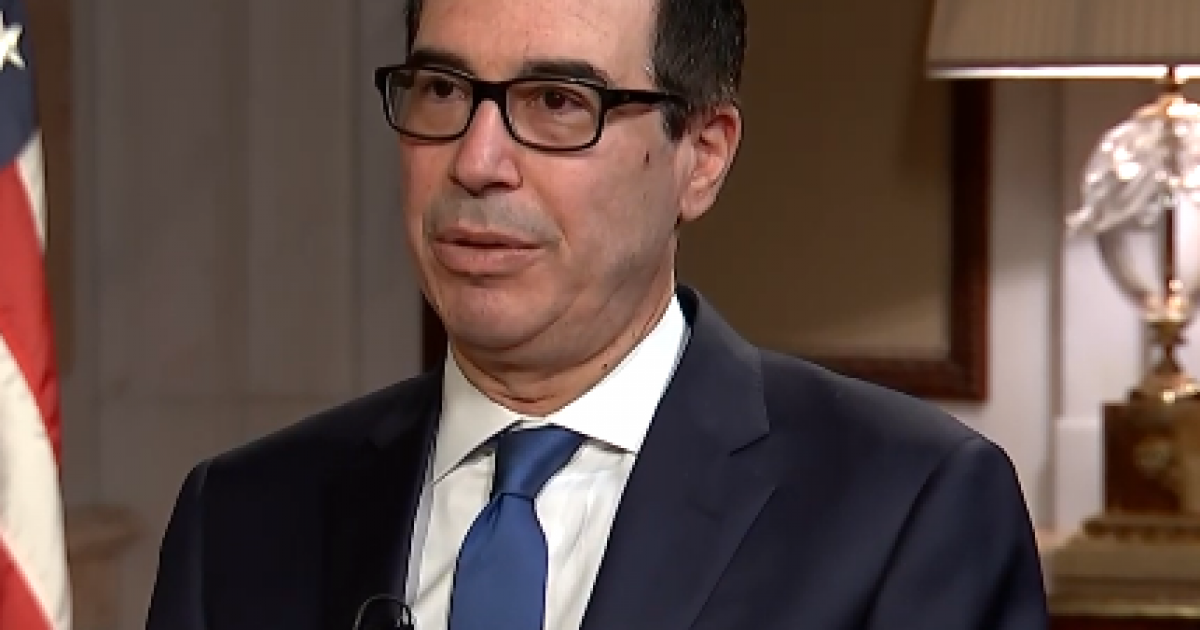
Treasury Secretary Steven Mnuchin recently announced that states with bad fiscal policies before the Wuhan virus broke out should not be the recipients of federal aid.
“This isn’t just going to be a federal bailout of the states,” Mnuchin stated on April 29, 2020 on CNBC. “States that had specifically large expenses because of the coronavirus, like New York and New Jersey, it was the right thing that the federal government gave them money.”
The Treasury Secretary said he is in favor of local governments using Wuhan virus funding to bolster public safety through law enforcement. However, he is not for sending money to cover revenue losses due to the economic shutdown or “states that were mismanaged” before the pandemic struck.
On April 27, President Donald Trump appeared to agree with Majority Leader Mitch McConnell, who went on record declaring that Congress shouldn’t discuss relief to fiscally irresponsible states until lawmakers meet up again next week.
The Senate leader said states with enormous pension obligations under union contracts use bankruptcy as a means to withstand shortfalls instead of begging for federal aid.
On April 28, 2020, Senate Minority Leader Chuck Schumer continued urging Congress to pass a massive package of aid to states and local governments in the next round of relief measures. He predicted a major reduction in public-sector jobs that could further damage the economy if no relief measures are taken.
“There’s going to be massive layoffs at the state and local level unless we get them money quickly,” Schumer declared on MSNBC.
Many Democrats and some Republicans have expressed criticism of McConnell’s bankruptcy proposal, asserting that such a decision would have disastrous financial consequences for the country. Democrats have insisted that federal aid for state and local governments must be included in the next found of stimulus.
Since President Trump signed the $2 trillion stimulus, the floodgates for big spending are open.
If spending cannot be contained, America could be staring at a sovereign debt crisis in the near future.



